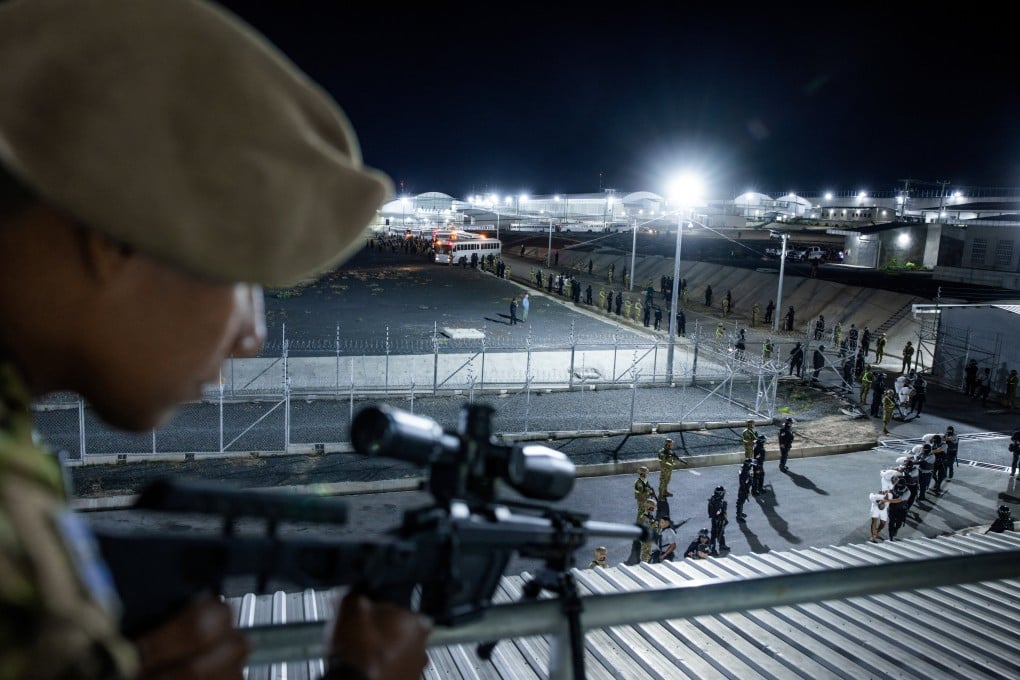Letters | A reminder to Trump: democracies perish one exception at a time
Readers discuss the Trump administration’s attitude to unfavourable court rulings, and the man carmaker Tesla was named after

Some of US President Donald Trump’s immigration policies have gained support as more Americans favour stricter enforcement and borders. But governance relies not on intent but on effective implementation within the law.
When the executive branch enforces its interpretation of the law in disregard of the courts, it asserts supremacy rather than authority. The constitution does not allow unilateral governance. The executive enforces the law; it does not create it and cannot override the judiciary. When federal agencies ignore court orders, the system of checks and balances begins to fail.
In 1952, during the Korean war, president Harry Truman tried to nationalise US steel mills but the Supreme Court ruled he had exceeded his authority. That ruling remains a cornerstone of executive restraint.
Today, national security is again being used to justify bypassing the courts, in the hope that the judiciary will yield. There is precedent for this. In 1944, the Supreme Court upheld the military necessity to intern Japanese Americans. That ruling, though discredited decades later, set a dangerous precedent: that security claims can trump individual rights.
Trump is claiming the executive power to label people as threats and deport them without trial. But recent surveys show that while most Americans support the deporting of immigrants convicted of violent crime, few want a mass deportation of undocumented immigrants.